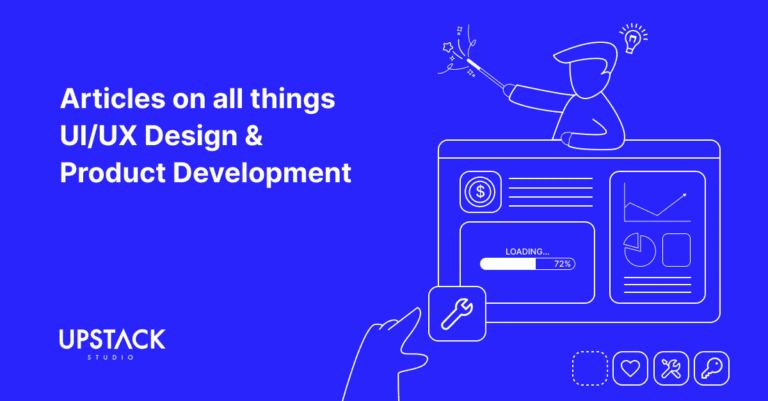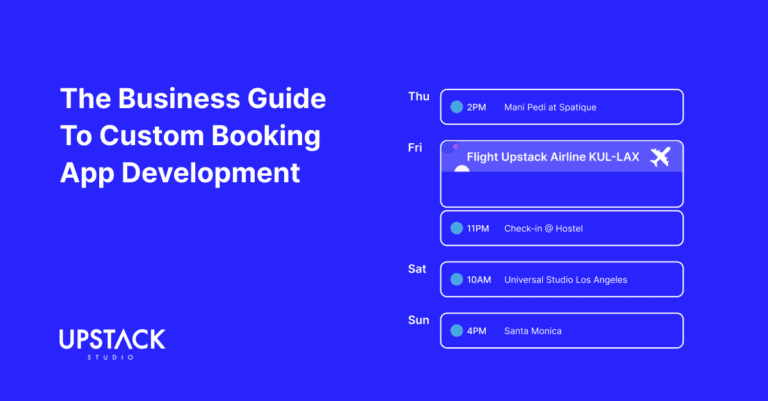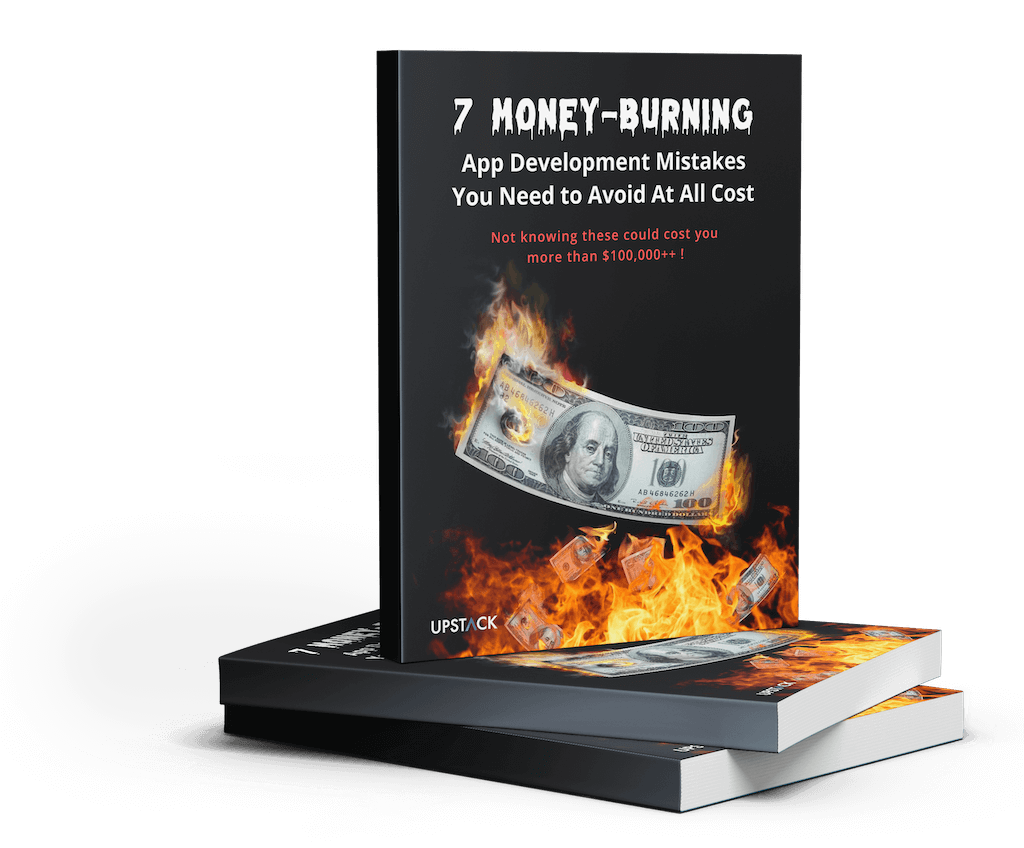Are You Sure You Want a Custom Fitness App?
We’ve been building apps for eight years and low barrier to entry app categories have never been more competitive.
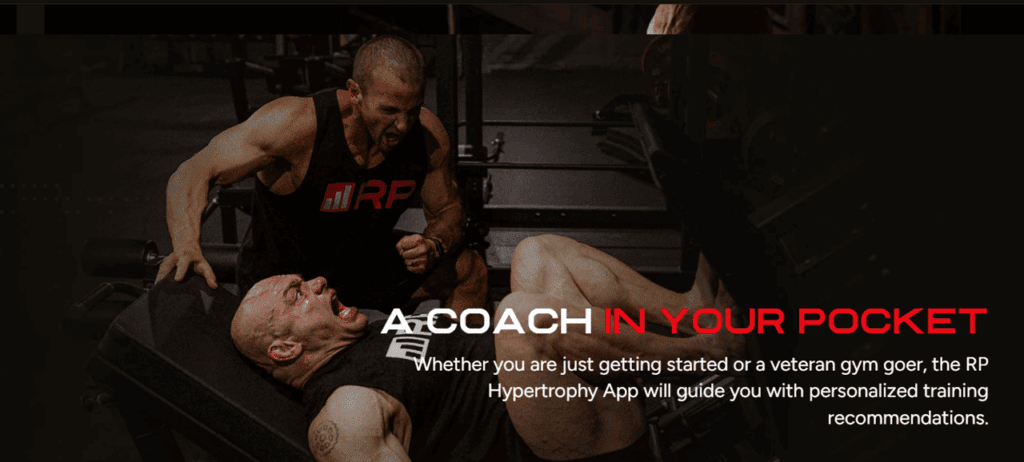
It may seem like we’re arguing against our best interests, but let’s start with why you shouldn’t build a custom fitness app:
- There are already nearly 100,000 fitness apps on the market
- There’s almost zero chance your idea is unique (sorry!)
- You’ve got plenty of no-code and low-code templates ready to go
- It’s an influencer- and brand-driven vertical, not a tech-driven one
So if you’re thinking of a custom build, really think it through.
(That’s us politely saying: don’t throw your money away.)
App development costs are not cheap, and we’d hate for you to regret it…and run out of money to pay us 😀
But if you believe a custom app has potential for ROI, then this guide walks you through key considerations when engaging Upstack Studio to develop a fitness app from the ground up.
Fitness App Development Cost Overview
As you’ll see below, your actual estimate will vary depending on type of fitness app and specific requirements, but here are conservative ballpark figures:
| Item | Details |
|---|---|
| Total Development | USD115,000 |
| MVP Development | USD35,000 |
| Total Development Time | 12 months |
| Time to MVP | 16 weeks |
| Maintenance Cost | USD3,000 / month (excl. 3rd party tools) |
This assumes three very important things:
- A single cross-platform codebase.
- A single UI / dashboard focusing on either web or mobile
- No major scope creep or drastic feature changes mid-project.
We’ll address these down after covering the main development steps.
Custom Fitness App Development by Type
This guide looks at nine common types of fitness and fitness-related apps:
- Workout logging apps for planning workouts
- Fitness tracker apps for tracking activity
- Diet & nutrition apps for calorie counting and meal planning,
- Weight management apps for tracking weight trends and body composition.
- Habit & lifestyle apps for building consistent health or exercise habits
- Wellness & mindfulness apps that focus on stress reduction, meditation, and sleep
- Specialized workout apps dedicated to yoga, pilates, or niche workout styles
- Fitness challenge apps that encourage exercise through competition
- Personal trainer apps that offer coaching, personalized routines, and 1-on-1 training
Because they are very different, we’re going to give each a dedicated section with a list of:
- Core features
- Enhanced features
- integrations
For every item, there’s a description of what to expect from off-the-shelf solutions and an editable space to specify custom needs for your app.
The more custom needs you have, the stronger the argument for a custom solution 🙂
1. Workout Logging App
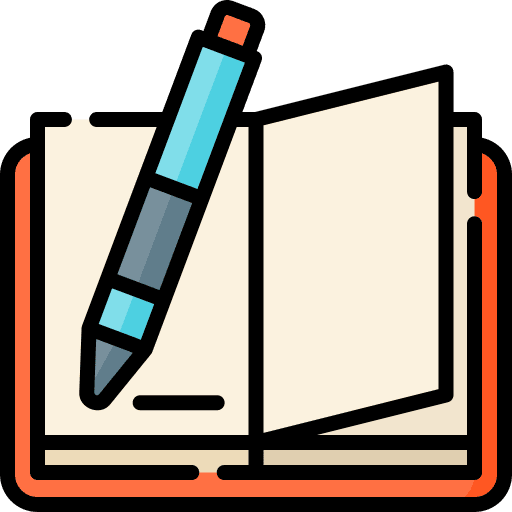
| Feature | Ready-Made Options | Custom Needs (editable) |
|---|---|---|
| Core features | ||
| Exercise library | Images, demo videos | |
| Custom workout creation | User-defined routines, editable plans | |
| Progress tracking | Sets, reps, weights logged | |
| Calendar / schedule view | Workout timeline & reminders | |
| Enhanced features | ||
| AI-based workout suggestions | Personalized recommendations | |
| Drag-and-drop routine builder | Interactive plan creation | |
| Cloud sync | Cross-device progress storage | |
| Printable/exportable logs | PDF, CSV export options | |
| Integrations | ||
| Apple Health / Google Fit | Steps, heart rate, activity sync | |
| Wearables sync | Fitbit, Garmin, WHOOP | |
| Smart gym equipment APIs | Connected machines, IoT fitness devices | |
2. Fitness Tracker App
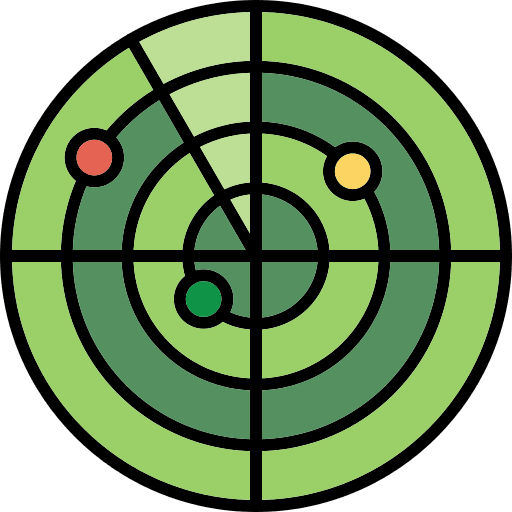
| Feature | Ready-Made Options | Custom Needs (editable) |
|---|---|---|
| Core features | ||
| Step counting, distance, calories burned | Basic activity metrics | |
| Heart rate monitoring (if paired with device) | Paired via Bluetooth wearables | |
| GPS activity logging (runs, walks, cycling) | Live route tracking | |
| Daily/weekly/monthly activity summaries | Charts, progress reports | |
| Enhanced features | ||
| Goal setting with reminders | Push notifications | |
| Activity streaks and badges | Gamification & rewards | |
| Social leaderboard | Friends & community ranking | |
| Offline GPS tracking | Logs data without mobile data | |
| Integrations | ||
| Strava API | Route uploads, performance sync | |
| Wearables (Fitbit, Garmin, Apple Watch) | Device data sync | |
| MyFitnessPal sync | Calorie & activity exchange | |
3. Diet & Nutrition App
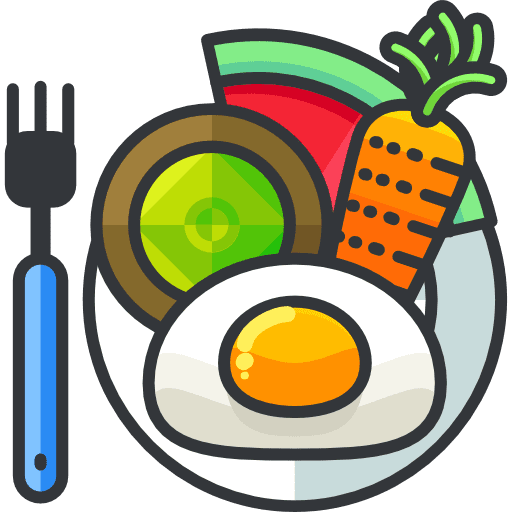
| Feature | Ready-Made Options | Custom Needs (editable) |
|---|---|---|
| Core features | ||
| Food diary with calorie tracking | Meal logging & calorie count | |
| Macro & micronutrient breakdown | Protein, carbs, fats, vitamins | |
| Barcode scanner for packaged foods | Quick scan nutrition lookup | |
| Recipe and meal planner | Save, edit, and reuse meals | |
| Enhanced features | ||
| Personalized nutrition recommendations | AI-based health goals | |
| AI meal suggestions based on pantry items | Smart recipe generator | |
| Grocery list generator | Auto-generated shopping lists | |
| Integration with delivery services | Instacart, GrabMart | |
| Integrations | ||
| USDA food database API | Extensive food lookup | |
| Cronometer / FatSecret APIs | Nutrition sync | |
| Continuous Glucose Monitors (CGM) | Real-time diabetic data | |
4. Weight Management App
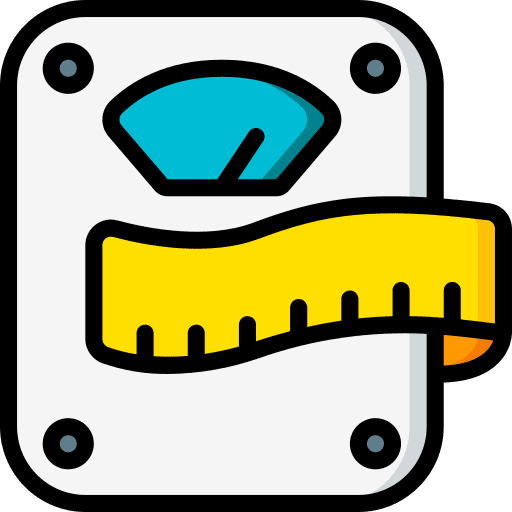
| Feature | Ready-Made Options | Custom Needs (editable) |
|---|---|---|
| Core features | ||
| Weight entry log with graphs | Daily log with visual trends | |
| Body measurements (waist, hips, arms) | Measurement tracking | |
| BMI and body fat calculators | Automatic calculator tools | |
| Goal-setting for weight gain/loss | Set targets with reminders | |
| Enhanced features | ||
| Smart scale sync (with bio-impedance data) | Withings, Eufy, Renpho support | |
| Personalized coaching nudges | Automated goal reminders | |
| Progress photo comparisons | Side-by-side gallery | |
| Predictive “time-to-goal” algorithm | AI-based forecasting | |
| Integrations | ||
| Withings, Eufy, or Renpho smart scales | Direct device sync | |
| Apple Health / Google Fit weight sync | Cross-platform health data | |
| Nutrition or fitness apps for a full ecosystem | MyFitnessPal, Fitbit, others | |
5. Habit & Lifestyle App
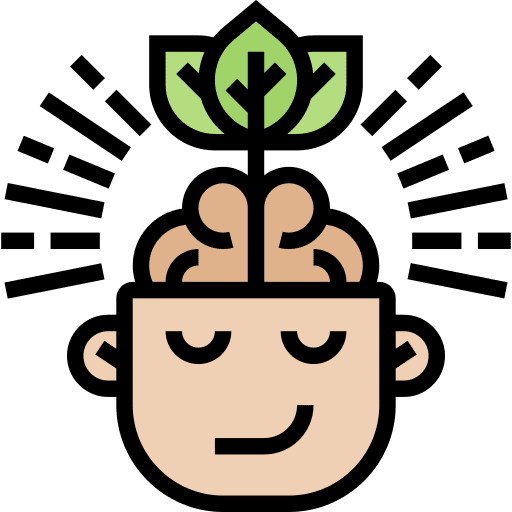
| Feature | Ready-Made Options | Custom Needs (editable) |
|---|---|---|
| Core features | ||
| Habit tracker with daily/weekly streaks | Streak counter and stats | |
| Custom habit creation | User-defined habits | |
| Reminders and push notifications | Custom alerts & reminders | |
| Progress calendar | Calendar view with completion marks | |
| Enhanced features | ||
| Gamification (badges, streak multipliers) | Achievements and rewards | |
| Habit groups or community challenges | Shared or social goals | |
| AI habit suggestions based on behavior | Smart recommendations | |
| Mood and journal logging | Notes with mood tracking | |
| Integrations | ||
| Apple Health / Google Fit | Link habits with activity data | |
| Meditation or mindfulness apps | Headspace, Calm integration | |
| Smart home devices | Lights off for bedtime, IoT actions | |
6. Wellness & Mindfulness App
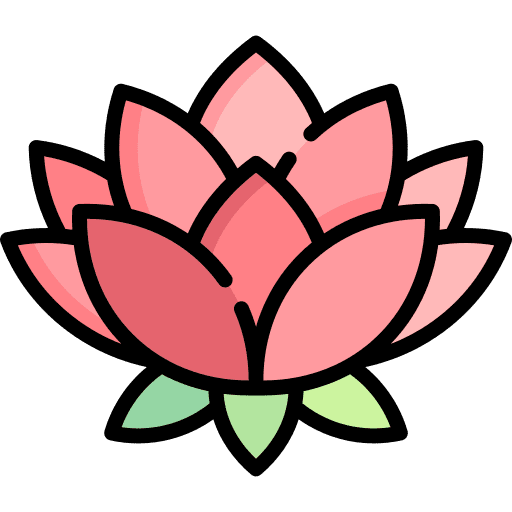
| Feature | Ready-Made Options | Custom Needs (editable) |
|---|---|---|
| Core features | ||
| Guided meditation sessions | Pre-recorded audio/video guides | |
| Sleep tracking and journaling | Daily logs and progress charts | |
| Breathing exercises | Interactive breath timers | |
| Stress-relief content (audio, video) | Relaxation music and calming videos | |
| Enhanced features | ||
| Personalized mindfulness journey paths | Adaptive meditation programs | |
| Sleep sounds / binaural beats | Soundscapes and white noise | |
| AI-driven sleep analysis with recommendations | Smart reports and insights | |
| Virtual reality meditation spaces | Immersive guided VR environments | |
| Integrations | ||
| Oura Ring or WHOOP for stress/sleep data | Wearable data syncing | |
| Spotify/Apple Music for custom playlists | User-curated or suggested playlists | |
| Smart home integration (lights dimming for meditation) | IoT-based environment adjustments | |
7. Specialized Workout App
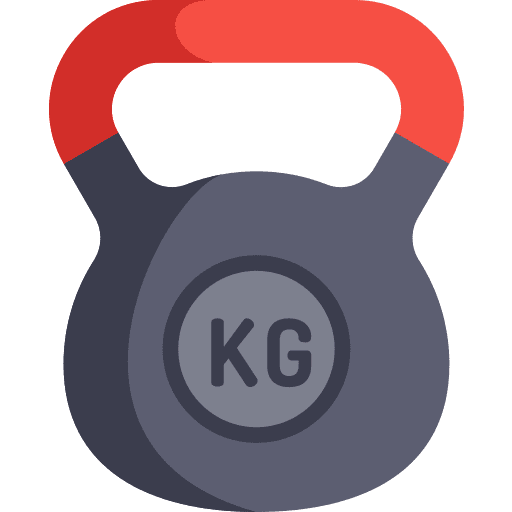
| Feature | Ready-Made Options | Custom Needs (editable) |
|---|---|---|
| Core features | ||
| Pose/exercise library with instructions | Step-by-step workout guides | |
| Class scheduling and routines | Timetable with reminders | |
| Difficulty levels and progress tracking | Beginner to advanced levels | |
| Video playback for sessions | On-demand exercise videos | |
| Enhanced features | ||
| Live-stream or on-demand classes | Real-time or pre-recorded sessions | |
| Pose correction using AI/computer vision | Form tracking with camera | |
| Offline downloads for travel | Save workouts locally | |
| Community groups by niche workout | Forums and social groups | |
| Integrations | ||
| Zoom / Google Meet for live classes | Virtual workout sessions | |
| Apple Health / Google Fit for calorie tracking | Sync health & fitness data | |
| Wearables for HR monitoring during sessions | Heart rate + calorie metrics | |
8. Fitness Challenge App
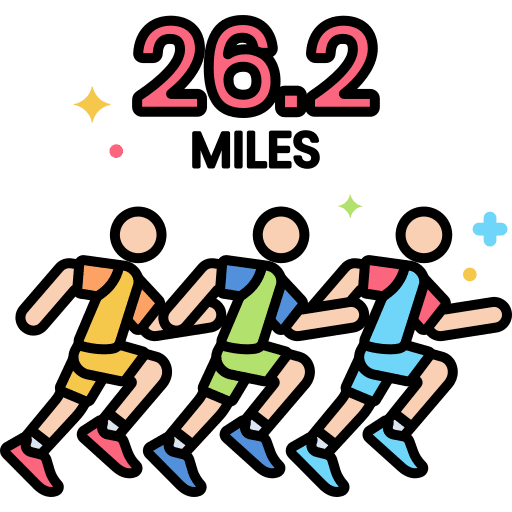
| Feature | Ready-Made Options | Custom Needs (editable) |
|---|---|---|
| Core features | ||
| Challenge creation (steps, runs, pushups, etc.) | User-defined activity challenges | |
| Leaderboards and rankings | Scoreboard with live updates | |
| Invite friends to join challenges | Social invite + referral system | |
| Real-time progress updates | Live activity tracking | |
| Enhanced features | ||
| Custom rewards or incentives | Badges, points, or gift cards | |
| AI “ghost competitors” for solo challenges | Virtual rivals to match pace | |
| Team-based competitions | Group vs group challenges | |
| Social media sharing | Auto-post achievements | |
| Integrations | ||
| Strava API for running/cycling challenges | Import activity stats | |
| Fitbit/Apple Watch for real-time data | Wearable sync & live metrics | |
| Social media platforms (Instagram, TikTok, Facebook) | Share challenge highlights | |
9. Personal Trainer App
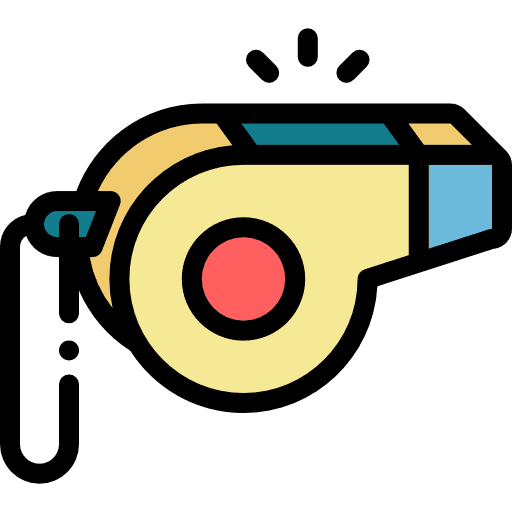
| Feature | Ready-Made Options | Custom Needs (editable) |
|---|---|---|
| Core features | ||
| Trainer-client communication (chat or video) | Built-in messaging & video calls | |
| Personalized workout plans | Template-based program generator | |
| Progress tracking with feedback | Graphs, reports & notes | |
| Booking/scheduling system | Calendar integration | |
| Enhanced features | ||
| AI trainer chatbot for instant Q&A | 24/7 automated assistant | |
| Video form analysis with feedback | AI motion tracking | |
| Payment processing for sessions/packages | In-app Stripe/PayPal checkout | |
| Hybrid model (group + individual training) | Multi-user training modules | |
| Integrations | ||
| Zoom/Google Meet APIs for live coaching | Direct video session links | |
| Stripe/PayPal for payments | Integrated gateways | |
| Wearable device sync for real-time coaching feedback | Fitbit, Apple Watch integration | |
6 Stages of Custom Fitness App Development
A custom app means following the typical stages of app development, of which there are six (seven if you include the work done before speaking to a developer).
Stage 0: Prepare Your Fitness App Brief
A brief is a preliminary document that gives developers an idea of your project, namely :
- Problem
- Solution
- High-level Requirements
- Budget Range
- Timeline
- Similar Applications
It gives us context and helps us form clarifying questions when we move to the next stage.
App Brief Template
Download this FREE editable template now to craft your perfect App Brief! Let us know where should we send it through the form below.
Secretly, developers also use it to filter out clients who aren’t serious!
Stage 1: Requirements Gathering
During this phase, we work with you to define the requirements for your fitness app.
We’ll take you through our zero to launch, where we align on:
- Target Audience
- Problem Statements
- Value Proposition
- Primary Platform
Based on our discussions, we come up with a timeline for all features.
And most importantly, we shortlist essential ones to roll out an MVP within 12 – 16 weeks.
Stage 2: UI/UX Design
If your custom app compromises on either, employee adoption will always be a challenge.
You’ll constantly hear “Why can’t it be more like [insert popular fitness app here]?” complaints.
Our UI/UX designer will ensure your app not only looks great (UI) but also delivers a seamless, enjoyable user experience (UX).
Stage 3: Back and Frontend Development
If you’re familiar with Agile methodology, we work in two-week Sprints.
During a Sprint, our backend developers build the back-end architecture while the frontend guys turn the designs by the UI/UX team into functional app interfaces.
At the end, we get your approval on progress and align on action items for the next Sprint.
If that sounds like gibberish, here’s a guide to Agile methodology for non-techs!
Stage 4: QA & Testing
The main purpose of this phase is for us to improve the stability of the app while minimising bugs that impact the user experience.
There’s no such thing as bug-free software, but that is no reason to compromise the user experience.
Stage 5: Launching Your MVP
We deploy your Minimum Viable Product (MVP) to a live environment so employees can begin using the app.
As they use it, we’ll be on hand to:
- fix high-priority issues that were initially missed
- monitor how core features perform
- identify unexpected user behaviour
- see where improvements are needed
Stage 6: Iterate & Maintain
Based on how your team responds to the early version of your app, we reevaluate the product roadmap together.
More often than not, many features that were initially thought critical turn out to be unnecessary.
Meanwhile, use cases that nobody thought of suddenly reveal themselves.
Ultimately, we align on the development of the rest of the app to truly serve your business needs, alo
MVP Timeline
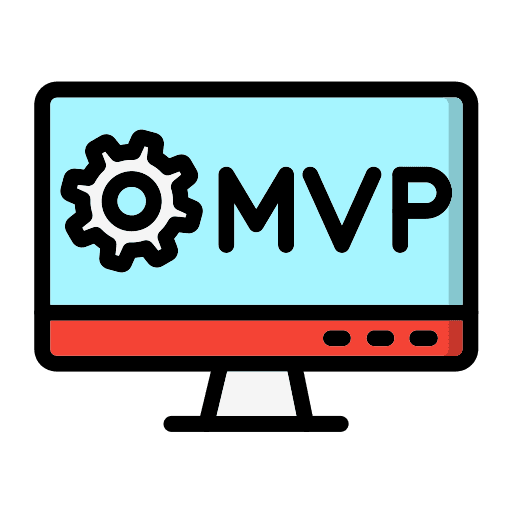
| WEEK | DESIGN | DEVELOPMENT |
| 0 | Kickoff meeting to align on essential features for MVP in 16 weeks | |
| 1 |
Initial UI/UX + User Feedback:
|
Plan Front and Backend:
|
| 2 |
Complete UI/UX:
|
Development Sprint Planning (weekly cycles):
(Start of Sprint)
(End of Sprint)
Note: Receive designs + code review in Week 5 |
| 3 | ||
| 4 | ||
| 5 | Handoff designs to developers | |
| 6 | ||
| 7 | ||
| 8 | ||
| 9 | ||
| 10 |
Development Sprint Planning + QA Testing (weekly cycles):
| |
| 11 | ||
| 12 | Launch + support / bug fixing | |
| 13 | App + documentation ready for handover to you or your team | |
Estimating ROI on a Custom Fitness App
Just cause we can’t know with 100% certainty doesn’t mean we settle for nothing.
Estimating custom software ROI is never easy, but you can for sure estimate total costs and revenue to an acceptable degree of accuracy.
Then try using this basic formula:
ROI (%) = Estimated Revenue − Estimated Costs Estimated Costs × 100
If you need help there, check out our full guide to estimating custom software ROI.
The Biggest Hurdles to Custom App Development
Our estimates assume no major scope creep, which is extremely common.

Scope creep is by the main reason software projects go over budget, and the root causes are hard pills for businesses to swallow.
Poor Internal Oversight
It’s common for teams to each track their own KPIs with no idea what other teams are doing.
Without someone to unite the departments and see the big picture, the business ends up with an incomplete (or wrong) understanding of what it needs from a loyalty app.
The bigger the organization, the more common this problem tends to be.
PSA: Consider No Code App Builders Before Going Custom
We’re really arguing against ourselves this time, aren’t we?
If you haven’t, do your business a favour and check out no code and low code solutions that offer to build a fitness app.
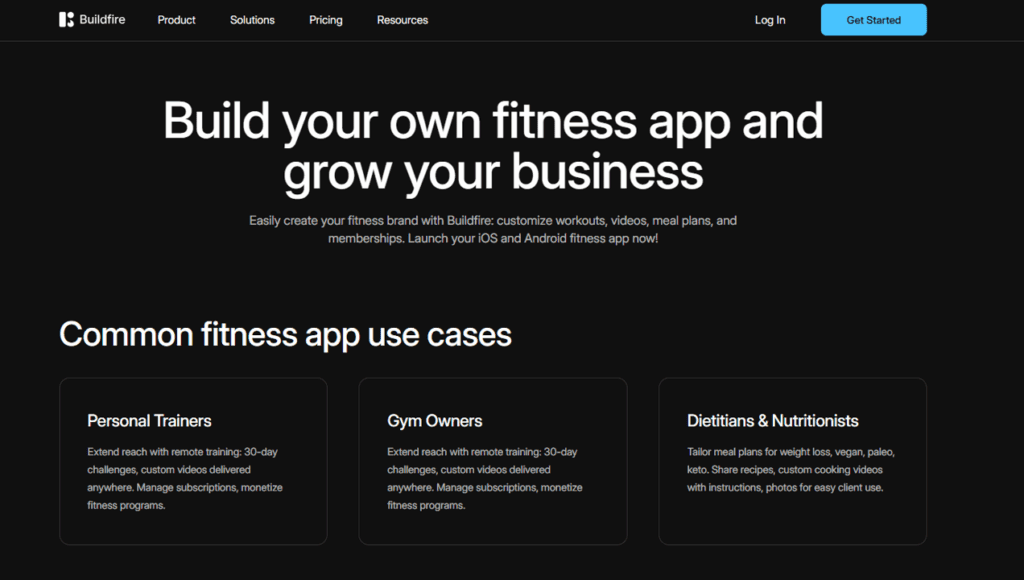
They give you a semi-custom fitness app that comes with core features listed above, and some level of customization.
If that’s good enough, you get 90% of what you need at 10% of the cost.
Custom fitness app development makes sense when:
- You’re in a highly regulated industry (healthcare, physiotherapy etc).
- You’ve outgrown the limits of existing platforms.
- Your devices require very specific workflows.
- You need brand-level differentiation beyond a white-label dashboard.
Anyways, we wish you all the best, and get in touch if you’d like an honest assessment!
If you have a custom software project in mind and need help estimating ROI, get in touch with us and we’d be happy to help! Also, consider joining our mailing list for a one-stop resource on everything from SaaS validation to execution and promotion. Get a nifty list of questions to ask app developers when you sign up!
App Developer Interview Questions Template
Download this template now so you know exactly what to ask App Development Agencies! Let us know where should we send it through the form below.

